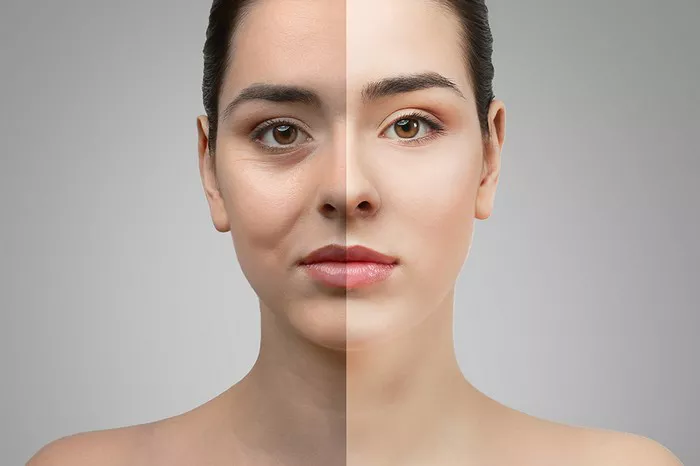In a bid to shed light on the escalating prevalence of eye disorders such as dry eyes, poor sight, cataracts, and glaucoma, Arunodaya Deseret Eye Hospital in Gurugram organized the Pan Ophthalmologica 2024 on February 3rd at the India International Centre in Delhi. The event aimed to facilitate discussions on new treatment options, identify gaps in eye healthcare, and share insights into advancements and challenges in treating various eye disorders.
Themed ‘Learning from Complications,’ Pan Ophthalmologica 2024 drew ophthalmologists from different cities across India. The seminar focused on critical topics including glaucoma and cataract surgeries, the increasing incidence of dry eyes, and technological advancements in eye disorder treatments.
Dr. Arun Sethi, Director and Senior Ophthalmologist at Arunodaya Deseret Eye Hospital, emphasized the significance of the event, stating, “The purpose of Pan Ophthalmologica is to have an in-depth discussion about the use of new technologies and the challenges faced in the treatment of eye disorders.”
“Technology plays a crucial role in treating eye-related diseases. In serious conditions like glaucoma and cataracts, timely treatment and surgery can preserve a patient’s vision, and technology plays a significant role in that,” Dr. Sethi added.
Eye Disorders on the Rise: Insights from Pan Ophthalmologica 2024
In interviews conducted by the OnlyMyHealth team on the sidelines of the event, participating doctors unanimously highlighted the escalating prevalence of eye disorders in India, attributing it to increased screen time from a young age. The leading eye disorders identified were dry eyes and myopia, with a consensus among the experts that these issues are likely to proliferate in the years to come.
Dr. Reena Sethi, Senior Ophthalmologist at Arunodaya Deseret Eye Hospital, emphasized the impact of digital strain and extended screen time, stating, “Due to digital strain and an increase in screen time, the problem of dry eyes is most common among children and elderly people.” She recommended seeking timely medical advice and reducing the use of digital devices to mitigate this issue.
The doctors also discussed additional factors contributing to India’s growing eye health problems, including increased pollution, poor lifestyle choices, disrupted sleep schedules, and an unhealthy diet. They underscored the serious risks of complications, including blindness, if proper eye care measures are not adopted.
While acknowledging the advancements in eye disorder treatment with new technology and medicines, the doctors outlined the persisting challenges. They advised the public to undergo regular eye check-ups, limit screen time, adopt proper hygiene practices, and maintain a healthy lifestyle to prevent serious eye-related problems.


